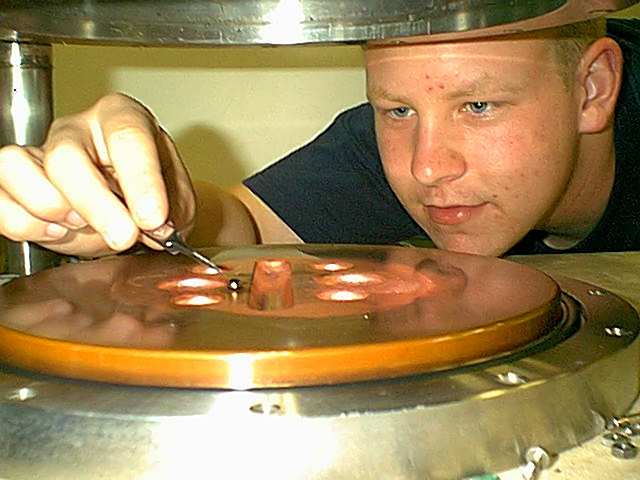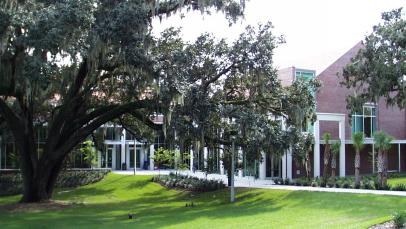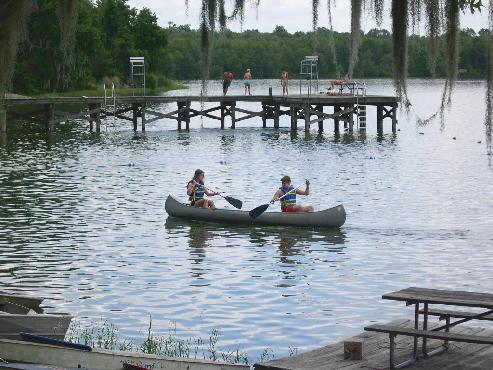Research Experiences for Undergraduates
Materials Physics
at the University of Florida
This REU Site is supported by the National Science Foundation Division of Materials Research, the Department of Defense Awards to Stimulate and Support Undergraduate Research Education (DoD ASSURE) program, and the University of Florida.

For the Summer 2011 program
undergraduate participants received a $4,900 stipend,
an allowance for travel to/from Gainesville, FL, and
housing was be provided.
Weekends during the program will be left open for participants to explore
the abundant attractions of North and Central Florida.

![]() Eligibility:
REU participants must be undergraduate students
and must be citizens or legal permanent residents
of the United States or its possessions.
Eligibility:
REU participants must be undergraduate students
and must be citizens or legal permanent residents
of the United States or its possessions.
 We especially encourage applications from members of groups
under-represented in science and engineering, and
from students enrolled at institutions where research opportunities are
limited.
We especially encourage applications from members of groups
under-represented in science and engineering, and
from students enrolled at institutions where research opportunities are
limited.
 For more information, please contact the Program Director,
Selman Hershfield.
For more information, please contact the Program Director,
Selman Hershfield.


| Top of Page |

|



|
This material is based upon work supported by the National Science Foundation under Grants DMR-9820518, DMR-0139579, and DMR-0552726, and jointly supported by the National Science Foundation and the Department of Defense under Grant DMR-0851707. Any opinions, findings, and conclusions or recommendations expressed in this material are those of the author(s) and do not necessarily reflect the views of the National Science Foundation or the Department of Defense. |
Selman Hershfield / selman@phys.ufl.edu / Last modified: Aug. 11, 2011




